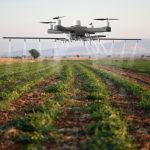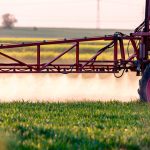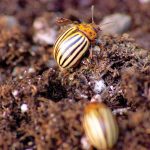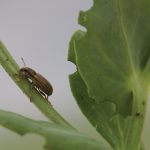Canada’s Pest Management Review Agency approved Garlon XRT herbicide, the first industrial vegetation product with drone application on the label.





China's securities watchdog's tighter scrutiny of IPOs has led some companies to scrap plans, move offshore

Recent court decisions have threatened farmers' abilities to use some herbicides

Even familiar products can have updated safety requirements


The products cleared Canadian registration in September

Partners 'rapidly reduced inventory levels'

Grasshopper, flea beetle damage already reported